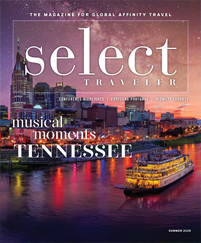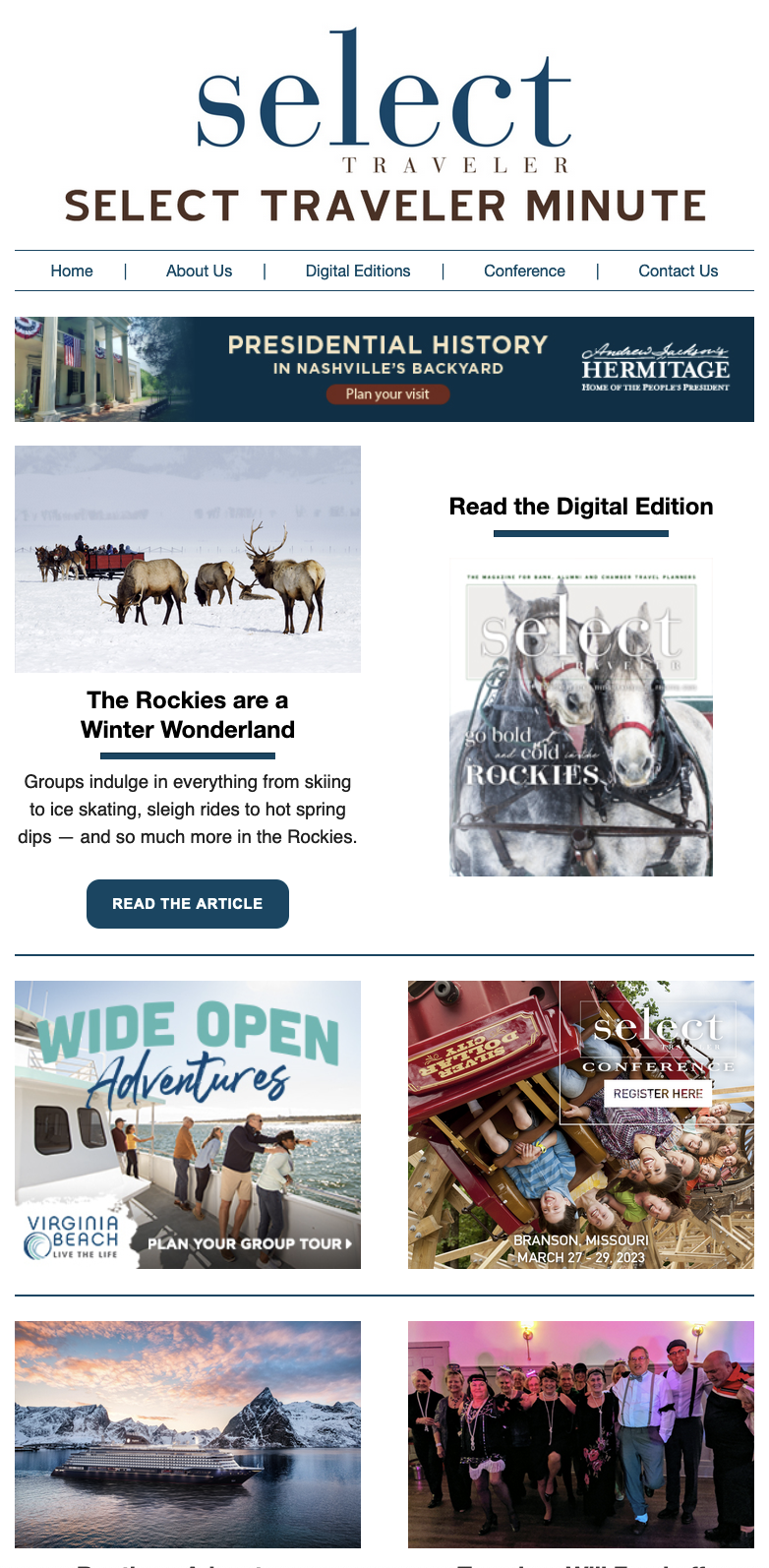When you take your group to explore a new city, you want the very best local experts to show you around, make you feel welcome and give you insider access to the destination’s highlights. Often that means finding a local guide who has an intimate knowledge of the area, is an expert at managing group dynamics and has the personal charisma to turn history, facts and figures into an engaging experience.
In many ways, the expertise and personality of a local guide can be the deciding factor in whether your group has a memorable or a forgettable visit to a city. Some of the most popular destinations on earth have hundreds — or even thousands — of people working as tour guides, so finding the right person is an important step in ensuring that your travelers have a great time.
If you are booking trips through a tour operator, that company is going to take care of lining up local guides in the places you visit. But if you’re arranging the trip on your own, here are five things to keep in mind as you search for the best guide for your group.
License
In many places around the world, tourism jobs are in high demand, and working as a guide is one of the most lucrative and enjoyable positions available for locals. Guides and other tourism professionals in these places have a vested interest in making sure that people leading tours are trained and knowledgeable, so many have lobbied their local or national governments to put strict licensing rules in place that prohibit noncredentialed people from leading city tours. If you are looking for a local guide for a specific destination, check to see what legal restrictions apply to the profession, and make sure the guide you choose is properly licensed.
Special Expertise
There are plenty of guides in Paris who can tell you when the Eiffel Tower was built. But if you have a demanding group of travelers or are putting together a trip based around a special area of interest, a garden-variety guide with only general knowledge might not deliver the kind of experience you’re seeking. In popular destinations, it’s common for guides to develop specific areas of expertise, such as indigenous culture, flora and fauna, classical civilization, religious history, arts and cuisine. As you work on finding the right guide in the areas you plan to visit, keep in mind what you know about the interests of travelers in your group, and seek guides who can work in those specialties.
Compensation
In a destination with a lot of guides, rates are likely to be set by market forces. You might pay by the hour in some places; guides might charge a day rate in others. It may seem attractive to find the guide who offers the cheapest rate, but remember that you generally get what you pay for: If you want guides with special-interest expertise, a lot of experience or a dynamic presence, be prepared to pay more for them, as they are likely in high demand. Also, you should inquire as to the tipping custom in the places you visit, since some local guides rely heavily on tips from individual travelers to supplement their incomes.
References
If the idea of scouring destination websites looking for the right guide seems intimidating, rest easy: Expert travel assistants in cities and countries around the world are standing by to help. In the United States, they work for organizations commonly known as convention and visitors bureaus; abroad they may be known as tourist offices or tourist boards. These are the people in charge of promoting tourism to their destinations, and they’re usually well connected to local suppliers. Ask the professionals at these organizations to recommend the local guides who would be the best fit for your group’s interests and budget.
Extra Services
If you’re planning the details of a tour yourself, you might want to go one step beyond hiring a tour guide and enlist the services of a receptive tour operator. These are tour companies that specialize in hosting groups in their home cities or regions, and they can help group leaders in a variety of ways. In addition to providing local guides, receptive operators can often help with hotel bookings, make restaurant reservations, set up immersive experiences and even arrange motorcoach transportation. If you can afford to pay for their services, you’ll find that the amount of work they take off your plate is a welcome relief.









